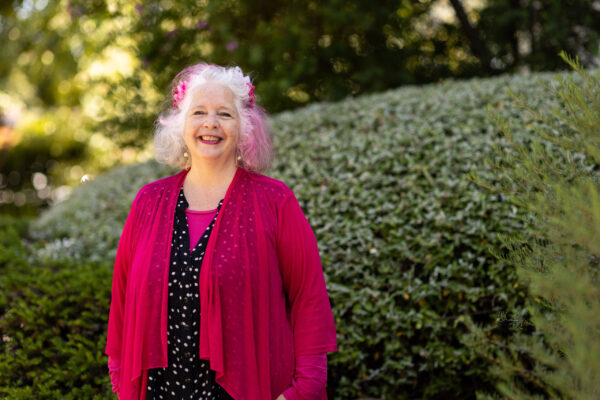This Sunday’s readings touch the heart of what Judaism and Christianity is about. Our shared rule of life is to love God and our neighbour. With this rule, there are questions that can be asked about the God who we profess our faith in. The commandment to love God seems to create an understanding that God desires and wants to be loved. By loving God does it benefit God or us? The Common Preface prayer in the Mass gives us something to think about “For, although you have no need of our praise, yet our thanksgiving is itself your gift since our praises add nothing to your greatness.” Love is a gift that enhances and benefits us.
Loving someone, our energy and resources are directed towards them. It may sound counter-intuitive but when we expend, we gain so much more. Think of parents who show their love for their children who gain infinitely more. Think of adult children who act as carers for their elderly parents. There are things that we gain that is difficult to put into words.
God shows us how to love. God loves us to the extent the most valuable resource is his own life is shared and given to us. There is so much that can be said about who we believe in. Christ gave us an example that love cannot be romanticised. It entails loving someone even when the other person seems underserving or unappreciative.
The rule to love God with all our being is also a prayer the Jewish faithful pray throughout the day, every day of the week. The imperative that leads us into the prayer Shema is listen. We are reminded that prayer is the raising of the hearts and minds. St Therese of Lisieux defines prayer as:
For me, prayer is a surge of the heart;
it is a simple look turned toward heaven,
it is a cry of recognition and of love,
embracing both trial and joy.
Prayer isn’t necessarily vocal. It could be a look. An inward crying. Prayer is the opening of the ears of our hearts and minds to listen to the voice of the Holy Spirit.
In our day-to-day interactions so much misunderstanding can be avoided if our ears are open to hear what others are sharing spoken and unspoken, about their anxiety, fears, hopes.
Listening gives time for the other to speak and be heard. It is a way of showing concern and care. Listening is also a privilege to hear what is being shared to one person but not another. It may lead us to act in an appropriate and timely manner. How many times have we seen this rule of love broken when we fail to listen? Failing to listen allows misjudgement to guide our action or inaction. If listening is not part of our relationship, we will not know the needs of those who we love. Let us practise listening so that we know how to love with all our heart, with all our soul and with all our strength.
By Fr Hoang Dinh
Published: 1 November 2024




Comments
Add Comment